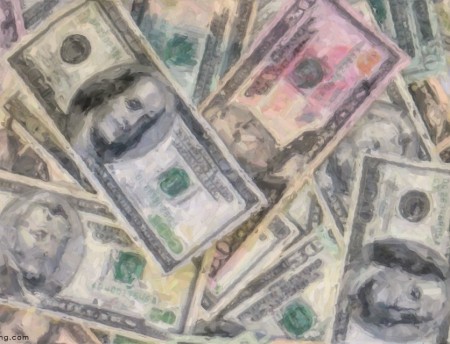
This article was originally published by E-International Relations on 23 April 2016.
Globalization and Capitalist Geopolitics: Sovereignty and State Power in a Multipolar world
By Daniel Woodley
London: Routledge 2015
Daniel Woodley explores important contemporary trends in the capitalist world system from a Marxist perspective. Focusing on tensions between economic transnationalization and the persistence of state power and inter-state (and inter-regional) geopolitical rivalry, Woodley poses challenging questions for all perspectives in IR, including those seeking to transform the chaotic and destructive dynamics of globalized capitalism.
Woodley’s central thesis is that, notwithstanding US military and financial power, the world has entered a transitional phase in which ‘imperial state hegemony is giving way to a new international economic order characterized by capitalist sovereignty and the competition between regional/transnational concentrations of power for geopolitical security’ (p.xiii). In line with the transnationalist Marxist perspective, Woodley argues that the scale of transnational corporate power is such that the significance of inter-state competition is declining and that corporations operate within the framework of an emergent transnational state form of capital (chapter 4).
Capitalist sovereignty and state power
Woodley argues that the concept of capitalist sovereignty (chapter 2) reintegrates the dual logics of capital and territoriality that are separated in much international political economy. Rejecting the common view that states are the basic entities of IR, Woodley ‘places the value form-determined relation of power at the centre of theoretical analysis’ (p.1), emphasizing that both capital and states are subject to capital’s determining logic. Capital continues to depend on states ‘to reproduce the conditions necessary for the production of value’ (p.22), but, echoing Robert Cox’s transmission belt metaphor (later withdrawn), Woodley argues that states are becoming ‘administrative instruments for restructuring’ economies in line with transnational corporate interests (p.18). Like other transnationalists, Woodley throws down a gauntlet to state-centric IR and IPE, Marxist and otherwise.



